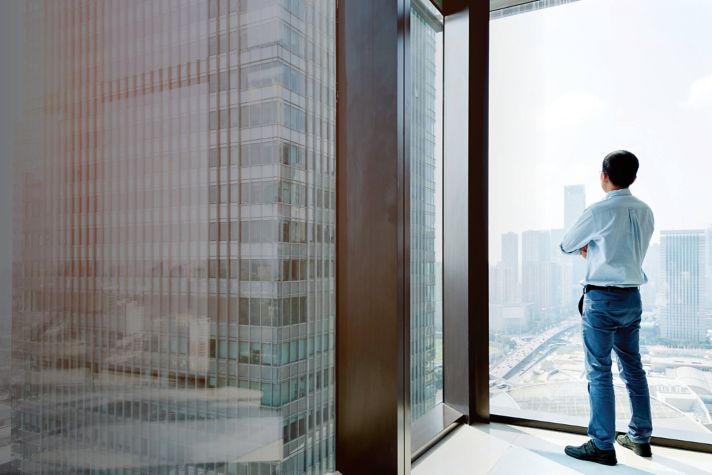You are browsing the product catalog for
- News
- 3 Ways Enterprises Can Accelerate The Future During Covid-19
3 Ways Enterprises Have Transformed During COVID-19
Businesses are learning from each other amidst changes during the pandemic
As everyone is adjusting to life amidst the pandemic, the same is true for enterprises.
They are working together to find inspiration, tools and best practices in surprising places.
By being open minded and sharing notes, leaders are using data and new tools to rapidly adapt. More than just a trend, this new normal will have long-standing, dramatic effects on the future of business and the world.
Here are three lessons learned during the pandemic:
1. Industrials go remote
Remote operations are challenging for industrial enterprises. Frontline employees don’t have access to the same tools that desk workers have, creating a divide between the office and the shop floor. Industrials are now exploring how they can apply lessons learned from the knowledge space, accelerated by overcoming COVID-19 disruptions.
Software tools like Honeywell Forge enable companies to operate factories remotely. First, data is collected on equipment and hardware. Then that operational data is merged with business data and stored on the cloud. Next, leaders can run AI-backed analytics tools to help them make better informed decisions on how to streamline and automate critical processes. In the end, the goal is to make remote operations as seamless as they are at a facility.
2. Knowledge workers harness safety culture
One thing industrial enterprises know best is safety. These environments are simply more dangerous than offices, requiring a culture of communications, policies and training programs that keep workers safe and productive.
“It occurred to me safety has always been an area of the industrial world,” Que Dallara, CEO of Honeywell Connected Enterprise said in a news interview. “We can’t open a factory without that, but now it is happening in the office arena where the pressing issue had been ergonomics.”
Offices are staffed primarily by knowledge workers such as accountants and programmers. Those workers have jobs that require thinking skills compared to manual labor. Between new COVID-19 health regulations and increased employee concerns, offices need to rapidly instill a safety culture in their return-to-work efforts. Social distancing guidelines make it a requirement for businesses to deeply understand how their buildings are being used, how people move through the space, and how building systems keep them comfortable and healthy. This requires tools that can aggregate business, building, and security data to drive decision making and communications.
3. Businesses make better decisions, faster
One thing that all enterprises can do better is quickly make decisions and act on them. From ramping up new operations to introducing products, enterprises tend to move slowly and methodically. While this ensures good processes, it is increasingly too slow for the speed of business. The pandemic forced businesses to think quickly, act fast, and fear less. And that’s a good thing.
“We built N95 mask factories in five weeks. Normally that takes nine months,” Dallara said.
This new sense of urgency is even changing the way we build products. Honeywell spent just two weeks building an analytics tool to track its own return-to-work progress. Then, it was a simple task to turn it into a commercially viable product, vastly outpacing a traditional product development life cycle. Enterprises are taking giant leaps towards the nimble ethos of start-up culture, or in Dallara’s words, “We’re seeing the acceleration of the future.”
Copyright © 2024 Honeywell International Inc.





